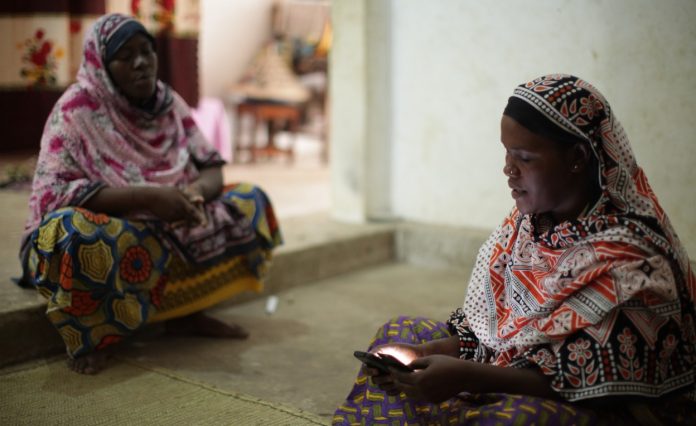Imagine a world where healthcare is less about the treatment of disease and more about health promotion, disease prediction and prevention. We would see innovation in medicine as well as a change in mindsets, in science and health systems, in technology as well as our overall approach to healthcare.
We believe data driven, digital technologies such as artificial intelligence (AI) and machine learning can enable this transformation to achieve universal health coverage (UHC) by 2030. Fortunately, many African countries are well-placed to harness these benefits for UHC, and the Sustainable Development Goals more broadly, especially as internet connected devices (internet of things, IoT) continue to surge and improve exponentially.
AI and IoT combined with 5G, the fifth generation of cellular wireless technology, could dramatically change how healthcare is delivered today in African countries, particularly for people living in hard to reach areas.(1) Digital technologies can contribute to improvements in point of care diagnostics,(2) real-time patient remote monitoring and increase access to more affordable and appropriate care. (3, 4) With the analysis of big data, AI and machine learning can even help to predict certain health problems based on probabilities derived by algorithm. This type of data can empower patients, healthcare providers and health systems to predict disease, intervene and provide preventive measures in a timely manner.
We must take advantage of available and emerging digital enablers if UHC2030 is to be achieved. However, it is not only about the development and implementation of technology. New policies are needed, and a digital mindset must be adopted in policy making to encourage a cultural change in the way innovation is seen and understood. It will also mean developing new partnership models with non-traditional health actors such as with retailers, consumer companies, and the entertainment and gaming industry. For example, preventative healthcare games can make services more accessible, fun and empowering for users.(5)



